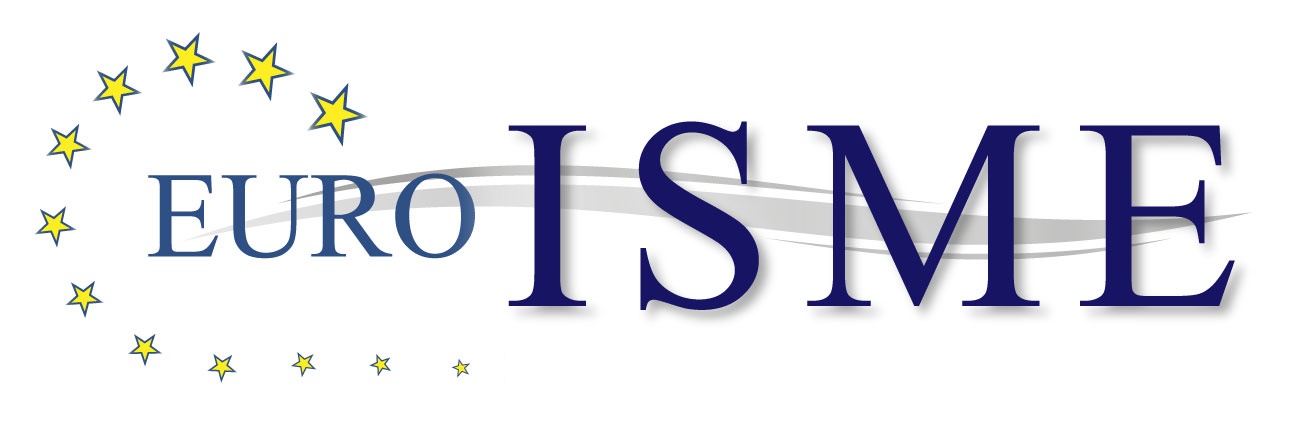3rd EuroISME Annual Conference
25–28 May 2014
Zentrum Innere Führung, Koblenz
Conference Report
This year again, more than 100 ISME members and interested participants representing different fields of science, politics and armed forces had gathered for Euro-ISME’s annual meeting.For the first time since the inaugural meeting in 2011, Germany was the host country for the itinerant annual conference series turning through various locations in Europe.
With the Leadership Training Centre of the Federal Armed Forces as host institution, the organizers had made an excellent choice: the “ZInFü” was a guarantee to meet the highest expectations not only in terms of organizational support, but also from the scientific and professional competency in conjunction with this year’s theme.
With its modern conference infrastructure, including media technology and accommodation, as well as by its attractive location close to the city-centre of Koblenz, the venue was extremely attractive for visitors from all over the world.
Thus, the rich program was not straitened exclusively to lectures and discussions but also arranged for a historical-cultural excursion to the fortress Ehrenbreitstein and a river cruise on Rhine and Moselle around the “German Corner”.
Conference Items
In his introductory lecture, the commanding general of ZInFü, Major General Jürgen Weigt, underlined the importance of ethical reflection and education for a responsible execution of the military mission.
After this memorable prelude, the participants continued in various plenary and parallel sessions to discuss theoretical and scientific issues related to use of military force as well as questions of methodology and practical decision-making mechanisms for conflict situations with ethical implications.
There also were quite controversial discussions about how soldiers deal in a high-tech operation environment with remote controlled weapons, not the least in view of the fact that moral concerns may arise with their use. Unlike the days of the “Cold War” soldiers nowadays regularly face “hot” combat situations which can cause quite real physical and emotional wounds.In this respect, the witness reports of young officers who concretely experienced conflict situations represented highlights by which it became clear that there can be no “decision models” and no guarantee exists for faultless decisions.
This was exactly why Euro-ISME, with this year’s “Overall Theme”, purposefully addressed the often neglected issues of communicating and teaching military ethics. Modern armed forces need well-trained soldiers, of strong character and with well founded faculties of judgment who must resist severe physical and psychological pressures in a wide range of crisis situations. In addition, civilian employees of security and defense forces are increasingly confronted with ethical challenges, for example in the framework of international peace support missions.
Three key stages in the process of ethical education for the military were illuminated. The first was what should be taught? What values and virtues characterize a modern leadership culture and are they sufficient by themselves?
After that, the discussions turned to the question by what means those values are delivered to an increasingly multinationally structured defense community? And finally, how do we evaluate the success or otherwise of what has been taught?
These 3 stages obviously overlaped to some extent, but the focus of this conference was primarily dedicated to the second stage: how should education and training be delivered most effectively?
The worked out contributions to the conference will be consolidated by the end of the year and than be published in a conference volume of the Euro-ISME book series
The meeting also offered the annual statutory frame for “the Ordinary General Assembly”. The members unanimously approved the annual reports of the chairman and of the treasurer and they re-elected those members of the Board of Directors, for whom the election term had expired.
